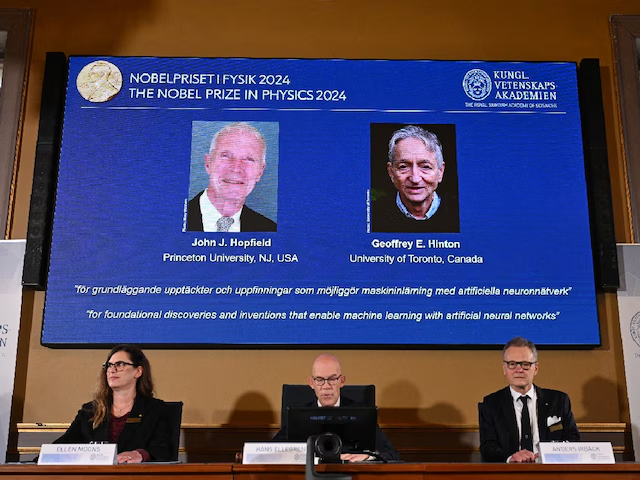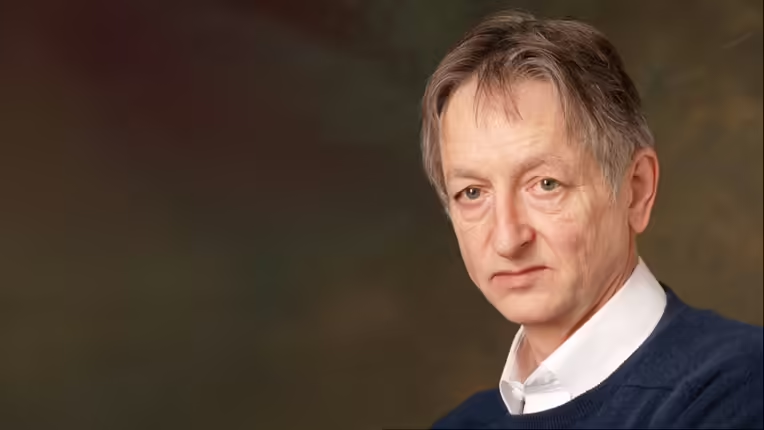
Celebrating Groundbreaking AI Contributions
Geoffrey Hinton, often hailed as the “Godfather of AI,” has been awarded the prestigious 2024 Nobel Prize in Physics by the Royal Swedish Academy of Sciences. This accolade recognizes his “foundational discoveries and inventions enabling machine learning with artificial neural networks.” Hinton shares this honor with fellow scientist John Hopfield, whose work also significantly contributed to the field.
Revolutionizing Machine Learning
The Nobel Prize release highlights the monumental impact of Hinton and Hopfield’s work on modern technology. “Machine learning based on artificial neural networks is currently revolutionizing science, engineering, and daily life,” it notes. Hinton’s innovative methods allow machines to autonomously discover properties within data, facilitating tasks such as image recognition.

A Humble Celebration
During a press conference, Hinton humorously remarked about the conditions of his surroundings, stating, “I’m in a cheap hotel in California which doesn’t have a good internet or phone connection. I was going to have an MRI scan today but I’ll have to cancel that!”
A Legacy of Teaching and Innovation
Hinton’s influence extends beyond his research; he has educated many prominent figures in AI. Notably, he taught Ilya Sutskever, co-founder of OpenAI, and Yann LeCun, the chief AI scientist at Meta. His work at Google Brain played a pivotal role in developing transformative AI technologies that underpin platforms like ChatGPT and Bard.

Voicing Concerns Over AI
Despite his groundbreaking contributions, Hinton has raised alarms about the potential dangers of AI. After leaving Google in 2023, he expressed concerns about misinformation, job market disruptions, and the existential threats posed by advanced AI systems. His warnings focus on the capabilities of AI to manipulate human behavior, emphasizing the risks of creating entities that could surpass human intelligence.
The Future of AI and Society
Hinton’s dual role as an innovator and cautionary voice highlights the complex relationship society has with AI. As the field continues to advance, his insights serve as a reminder of the ethical considerations that must accompany technological progress. The recognition of his work through the Nobel Prize reinforces the significance of responsible AI development in shaping the future.


